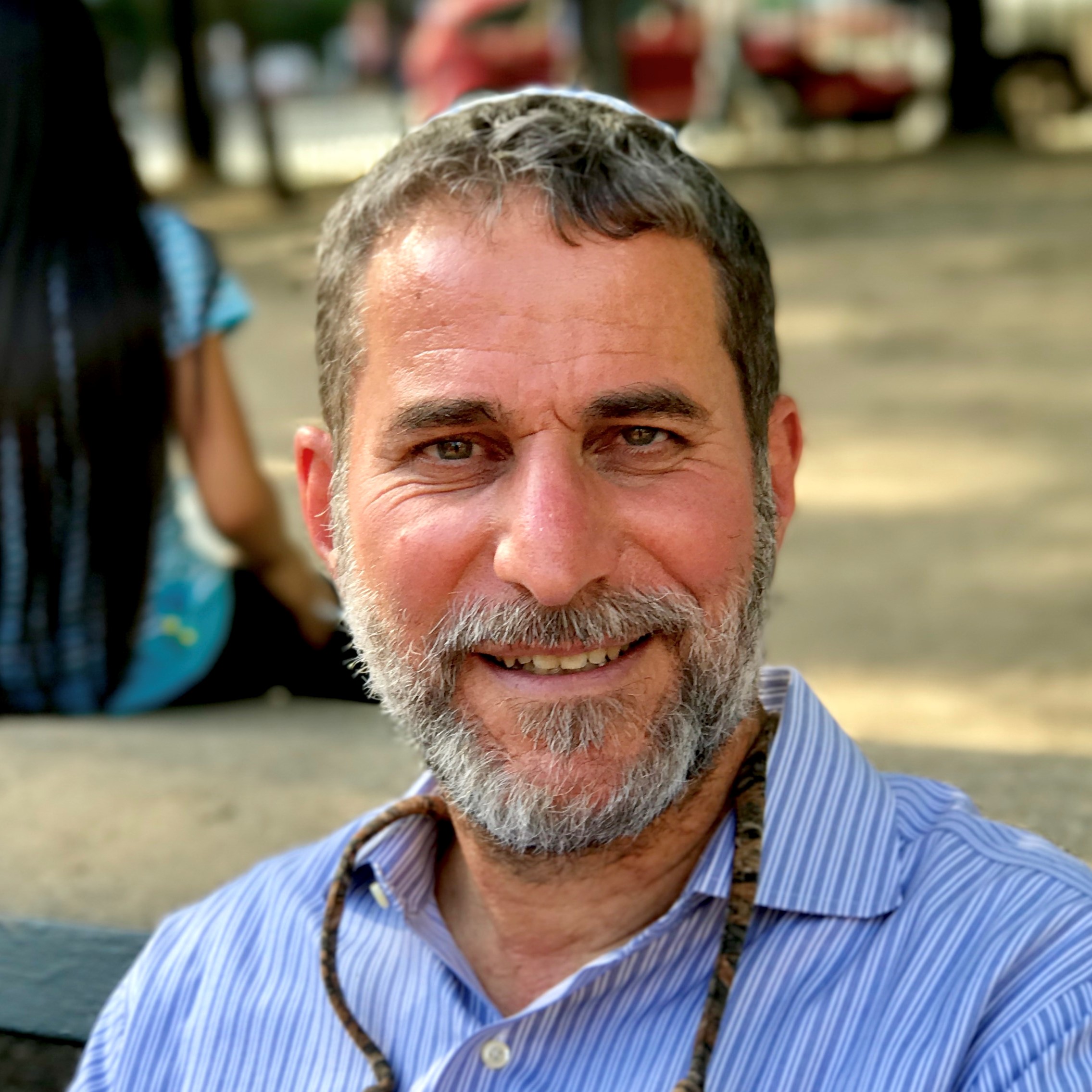Beit Midrash
- Torah Portion and Tanach
- Shmot
- Bo
2. What is the difference between the loci that came on Egypt to the locus that came on the days of Yoel?
3. What do we learn from the Torah's emphasis that "there remained not one locust in all the border of Egypt"?
4. How many days was the darkness and what was the extent of it on each day?
5. Why did G-d use a pleading term to ask Moshe to tell the Jewish people to borrow silver and golden artifacts from their Egyptian neighbors?
6. Why did Moshe say "at about midnight" and not "at midnight" like G-d said to him?
7. Why did the captives in Egypt also die at the plague of the death of the firstborns?
8. What was Aharon's reward for preforming all the miracles with Moshe?
9. Why did G-d command the Jewish people to take the lamb four days before its slaughter?
10. What do we learn from the words "And the blood shall be to you for a token upon the houses"?
11. How many days must one eat Matzos on Passover?
12. Why did Moshe warn the Jewish people not to leave their houses?
13. How come "there was not a house where there was not one dead"?
14. Why did Pharaoh ask Moshe and Aharon to pray for him?
--------------------------------------------------------------------------------------------------------
Answers
1. Moshe asked for Pharaoh to send the Jewish people to offer a sacrifice to G-d so Pharaoh told him that children do not slaughter animals therefore they need not go.
2. The locus that came on Egypt was the largest ever, of one species, the locus on the days of Yoel was larger, however it contained a mixture of species of locus.
3. That even the ones they caught and salted were swept away by the wind.
4. The darkness was for six days. The first three days they could not see each other and the next three days they could not even move from their places because of the thickness of the darkness.
5. He did not want Avraham to say that G-d fulfilled his promised that the Jewish people will be slaves but did not fulfill what he promised that they will come out with great substance.
6. G-d knows the exact times therefore he can say at exactly midnight, Moshe, however, did not want Pharaoh's astrologist to test him on the timing of the plague for they might make a mistake and claim Moshe was lying.
7. If they're firstborns would not have died they would have said that the Egyptians death is a revenge from they're gods.
8. He was given the first Mitzvah together with Moshe.
9. G-d wanted to give the Jews a merit by which they will be redeemed.
10. We learn that the blood was only administrated on the inside of the house.
11. It is only mandatory on the first day.
12. Because once evil is given free reign it does not distinguish between righteous and wicked.
13. Because the oldest one in the house was considered to be like a firstborn for this matter, another explanation is that the women of Egypt were not faithful to their husbands and would have many children each a firstborn to his father.
14. Because he was a firstborn and he was afraid he will also die.
Shabbat Shalom!

Thank Hashem With Your Palate
Parashat Bo
Rabbi Yossef Carmel | Tevet 5765

Why Jewish Holidays Are Celebrated Differently In Israel & Diaspora?
Israel National Torah
Baruch Gordon | Shvat 6 5781
Free Will and Human Nature
Rabbi Moshe Leib Halberstadt | 5 Shvat 5786






















